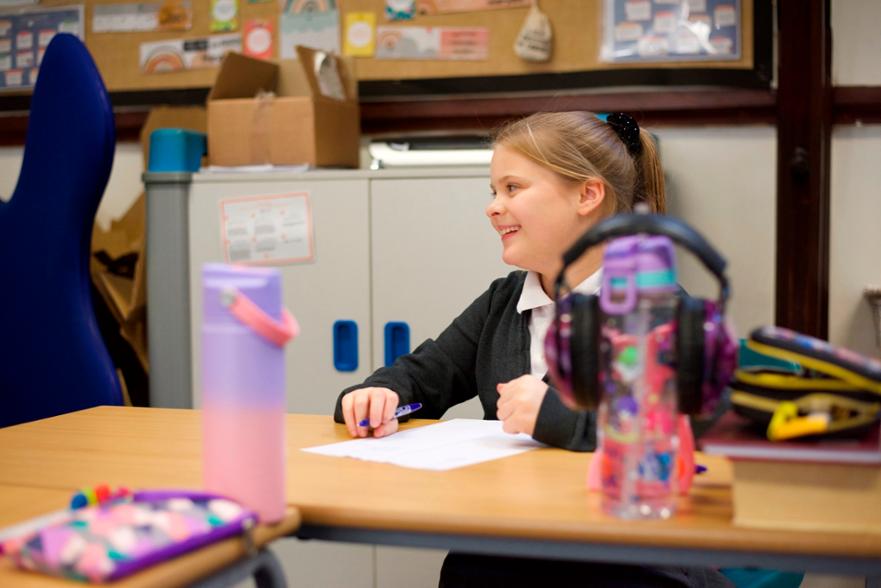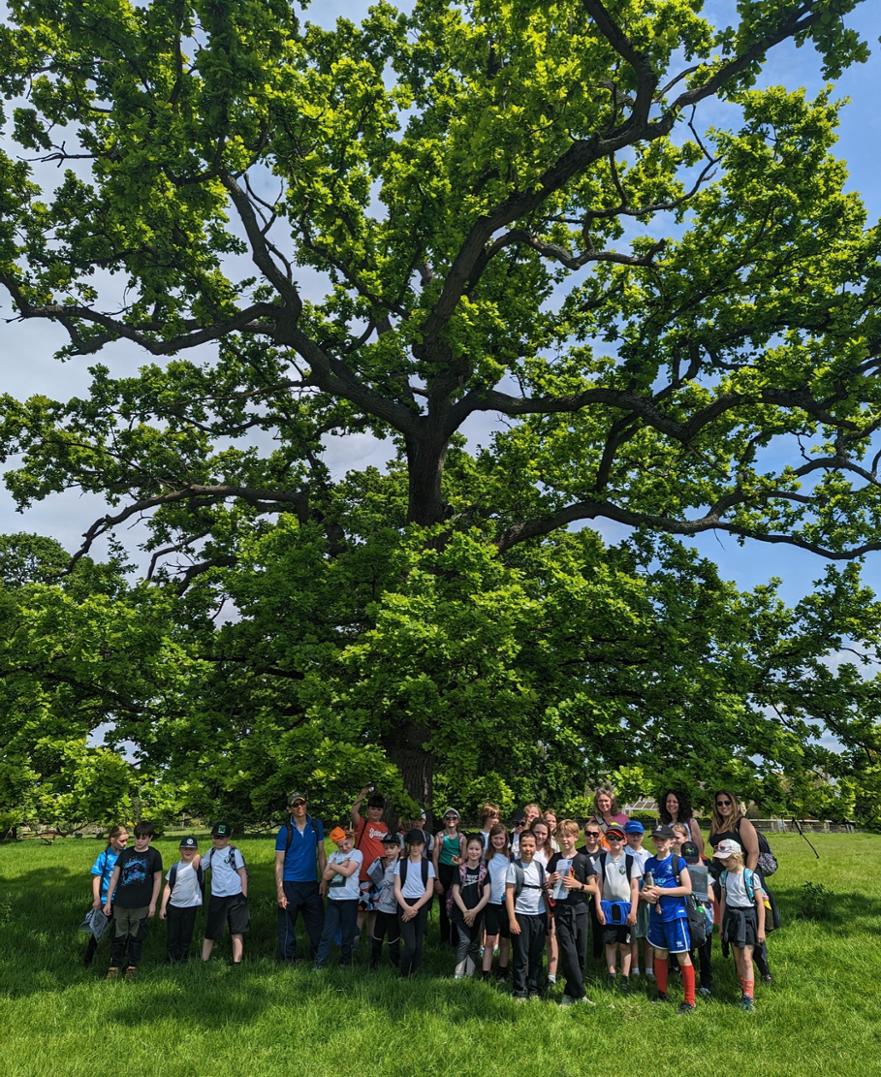Mental Health & Wellbeing
The Importance of Mental Health & Wellbeing
At Oak Hill, we have a vital role to play in supporting the school community and their mental health and wellbeing by teaching them the skills they need to recognise and deal with their emotions, and helping those with difficulties get the support they need. We all have mental health and it affects how we feel, think and act.
Our mental health can change on a daily basis and over time and can be affected by a range of factors. By integrating mental health education into the curriculum will increase knowledge and understanding of those experiencing difficulties, removing any stigma or social misconceptions and replacing these with an atmosphere of positivity and acceptance.
When children and young people have good levels of wellbeing it helps them to: learn and explore the world. Feel, express and manage positive and negative emotions. Form and maintain good relationships with others. This is why mental health and wellbeing is a core thread running through all our school activities and every member of staff plays their part in this.
Being able to recognise and support kids mental health in schools matters because:
- Mental health problems are common and often develop during childhood and
- adolescence.
- They are treatable!
- Early detection and intervention strategies work. They can help improve
- young people’s resilience and their ability to succeed in school and life.
Oak Hill is also a Thrive school - to learn more about how the Thrive Approach connects to mental health below.
Mental Health and Well Being at Oak Hill
The school environment has a significant impact on a young person’s emotional welfare. For children’s well-being to thrive during school hours, all school staff need the confidence and knowledge to nurture young people’s development. Equally, teachers and other school staff need to be supported with their own mental health.
To support our staff and pupils the best we can, the school has a senior mental health lead, whose role is to create a whole-school approach to supporting mental health and wellbeing as well as an open culture in which staff and pupils alike can discuss their mental health and wellbeing openly. We also have two mental health first aiders whose role is to provide initial support to anyone experiencing signs and symptoms of mental health issues and refer them to appropriate care if necessary.
Throughout the academic year, there are number of events and activities ran that link in with nationally recognised awareness days. To start the year off, the children take part in a 30-day wellbeing challenge. The aim of this challenge is not only to improve the children’s health related behaviour but also to help them realise that there are things we can all do every day to promote positive mental health.
For children’s mental health week in February, children take part in an activity day linked to the theme associated with the mental health week for that particular year. In March, children come to school in their pyjamas for World Sleep Day and learn about the benefits sleep has on our mental health and in May, as part of National Walking Month, KS2 go on a day walk within the local area.
As well as these activities, there is a mental health and wellbeing noticeboard, which is regularly updated with information, advice and coping strategies about mental health. There are also times throughout the year, parents and carers are invited in to school to join us for tea and coffee and where we can be available to offer support for those that might need require it.
Therapeutic Gardening
We have the privilege to be able to offer therapeutic gardening, Eleanor Wroath, from Hope springs Gardening comes in to school and runs weekly sessions to certain within our school. Studies have shown that working in and with nature has a positive benefit on our mental health and wellbeing.
During the sessions the children notice how sowing and growing flowers and vegetables can be a mindful, multi-sensory experience which can also provide hope for the future, stimulate pride, awareness of our surroundings and support learning opportunities about the natural world, life cycles and our environment.
Being outside and working in the soil is good physical exercise, teaches us patience and the microbes in the soil have been proven to alleviate symptoms of anxiety and depression. This provision is offered to those children who might be currently on a Thrive plan or children who might need to develop some self-esteem, have behavioural issues or who are going through significant life events.



